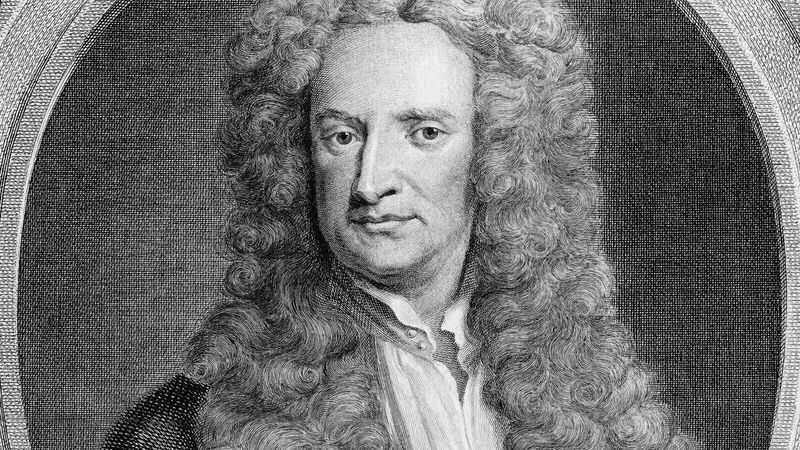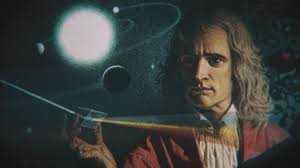Isaac Newton's productivity
In 1665 Isaac Newton, a young scholar of Trinity College, fled from the Bubonic plague to his home, about sixty miles from the university. While in solitude, he would invent calculus, create the science of motion, unravel gravity, an more.
The plague created the conditions in which modern science could be created. Or at least, that is the inspirational story that is being touted as a model.
114
241 reads
CURATED FROM
IDEAS CURATED BY
The idea is part of this collection:
Learn more about personaldevelopment with this collection
The differences between Web 2.0 and Web 3.0
The future of the internet
Understanding the potential of Web 3.0
Related collections
Similar ideas to Isaac Newton's productivity
Isaac Newton's Quarantine
During the bubonic plague in 1665, Newton was among the students forced to return home from Trinity College, Cambridge.
Away from university life, curriculum constraints, and professors to guide him, Newton seemed to thrive. At home, he built bookshelves and created a small office for hims...
Newton's brilliance
The idea that the plague woke the brilliance in Newton is wrong and misleading as a measure of how well we apply ourselves during our own plague spring.
Isaac Newton had begun to think about the most pressing questions in science in 1664, a year before the plague broke out. Similar...
Isaac Newton
In 1665, during one of the last major outbreaks of the bubonic plague in England, classes at Cambridge University were canceled, and Newton had to retreat to his family estate.
With zero structure, the young mathematician produced some of his best work during his year in quarantine, writin...
Read & Learn
20x Faster
without
deepstash
with
deepstash
with
deepstash
Personalized microlearning
—
100+ Learning Journeys
—
Access to 200,000+ ideas
—
Access to the mobile app
—
Unlimited idea saving
—
—
Unlimited history
—
—
Unlimited listening to ideas
—
—
Downloading & offline access
—
—
Supercharge your mind with one idea per day
Enter your email and spend 1 minute every day to learn something new.
I agree to receive email updates

